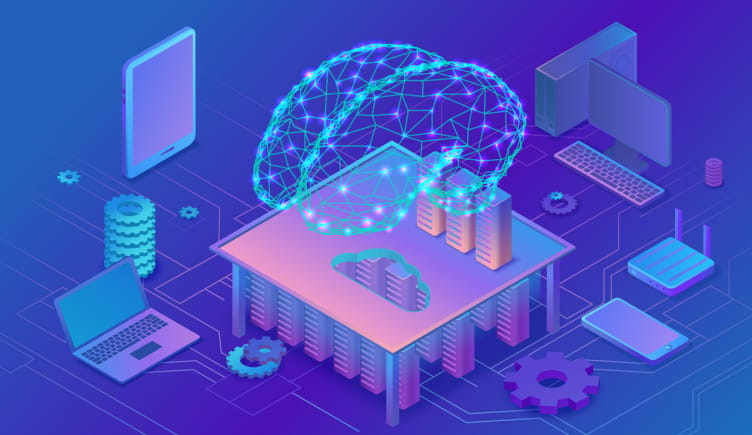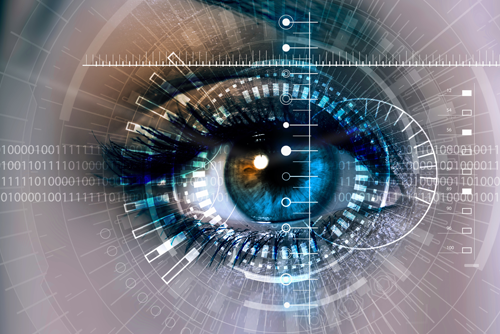The Benefits and Risks of AI: What You Need to Know
Artificial intelligence (AI) is a rapidly growing field transforming how we live, work, and interact with technology. AI systems are designed to learn from data, recognize patterns, and make decisions without human intervention. While AI can bring many benefits, it also poses several risks. In this article, we will explore the benefits and risks of AI and what you need to know about them.
Benefits of AI:
Automation: AI can automate routine tasks, which can free up time for more complex and creative work. Automation can also reduce errors and increase efficiency.
Improved decision-making: AI systems can analyze vast amounts of data and make decisions based on that data. This can lead to more accurate and informed decision-making in various industries, such as healthcare, finance, and manufacturing.
Personalization: AI can be used to personalize user experiences, such as recommendations on e-commerce platforms or personalized healthcare recommendations. This can improve user satisfaction and engagement.
Predictive maintenance: AI can predict equipment failures before they happen, allowing for proactive maintenance and reducing downtime in industries such as manufacturing and transportation.
Assistive technology: AI-powered assistive technologies, such as speech recognition and natural language processing, can help people with disabilities communicate more effectively.
Risks of AI:
Bias: AI systems can learn from biased data, which can lead to biased decisions. For example, facial recognition systems are less accurate for people with darker skin tones.
Job displacement: Automation powered by AI can lead to job displacement, particularly for jobs that involve routine tasks. While new jobs may be created, there is a risk that some people may need to gain the necessary skills to transition to these new roles.
Security: AI-powered systems can be vulnerable to cyber attacks, which can seriously affect industries such as healthcare and finance.
Privacy: AI systems can collect and analyze vast amounts of personal data, which can raise privacy concerns.
Lack of transparency: AI systems can be complex and difficult to understand, making it difficult to know how decisions are made.
Conclusion:
AI can bring many benefits, but it also poses several risks. It is important to be aware of these risks and work to mitigate them. This includes ensuring that AI systems are built with fairness and accountability in mind and investing in education and training to ensure people have the skills they need to succeed in a world where AI is increasingly prevalent. With thoughtful planning and responsible use, AI can help us solve some of the world's most pressing challenges and improve people's lives meaningfully.





0 Comments